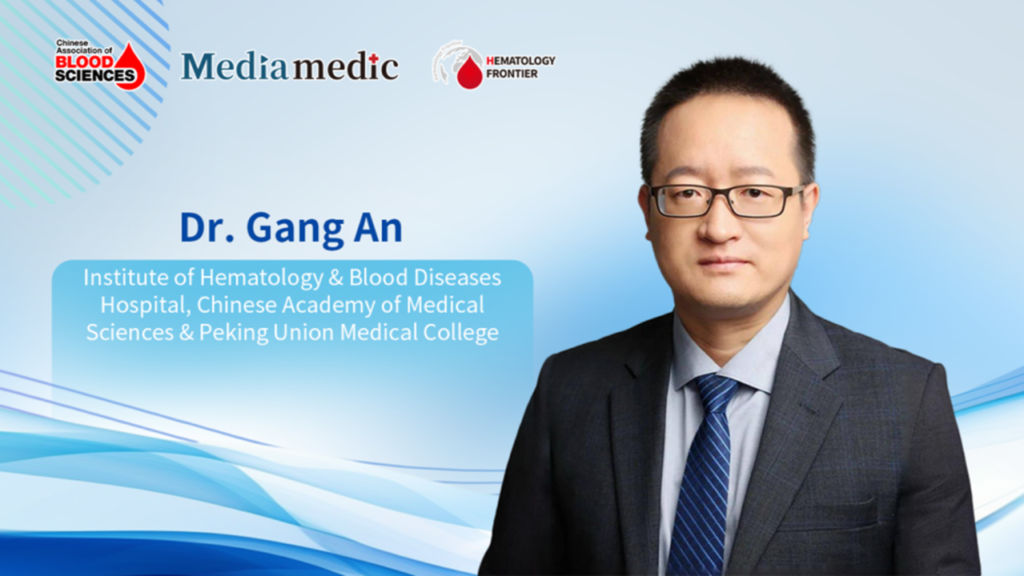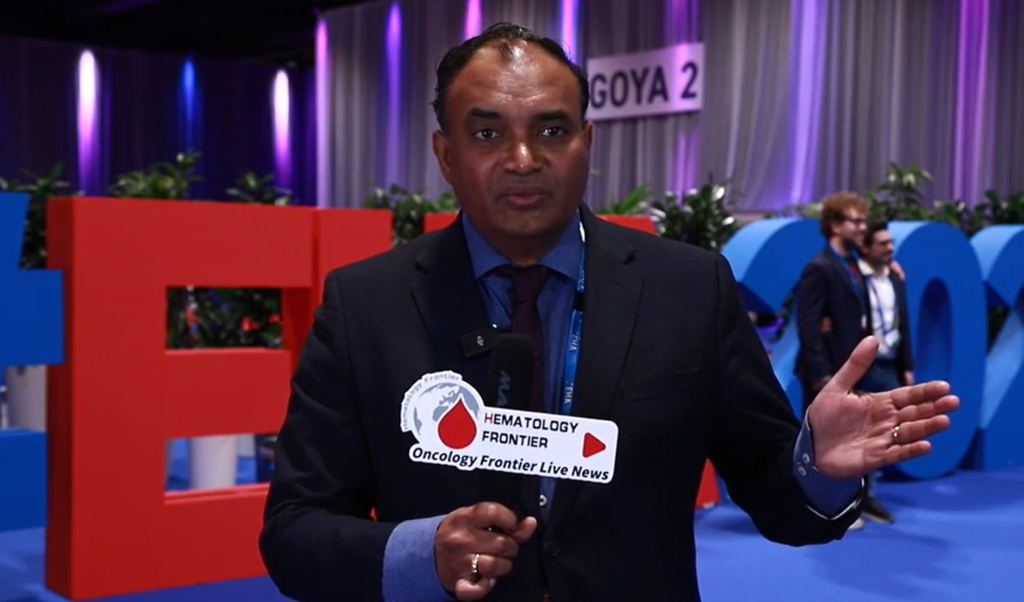Serum Albumin as a Prognostic Factor in Acute Myeloid Leukemia
In June 2024, Blood Science published a pivotal study led by Dr. Hui Wei from the Institute of Hematology & Blood Diseases Hospital, Chinese Academy of Medical Sciences & Peking Union Medical College , investigating the prognostic significance of serum albumin levels in patients with acute myeloid leukemia (AML). AML is a highly aggressive hematological malignancy with outcomes influenced by various factors, including age, white blood cell count, and risk classification. Serum albumin, a critical component of blood, plays a role in maintaining colloid osmotic pressure and has been identified as a prognostic marker in various cancers, including AML.










